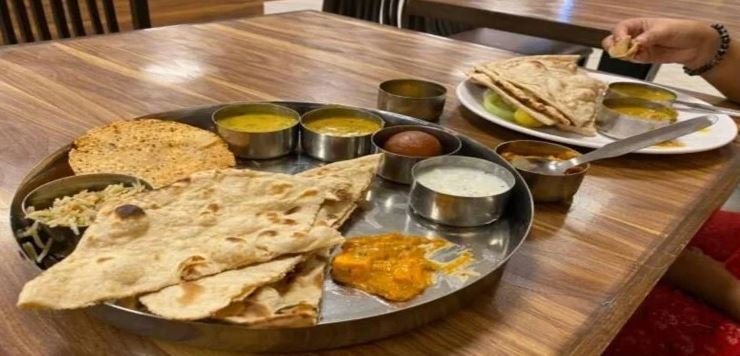Editorial . . . . . . .
Food safety highlights the importance of detecting, preventing, and managing food-borne illnesses. It also emphasizes the significance of food safety and security, which are essential to human health and well-being and have a direct impact on a country’s economic prosperity and long-term growth. This is especially true in India, where the economy is still based on agriculture.
The idea of food safety emphasizes the food sector’s transformation from a standalone enterprise to one that is intertwined with agriculture, manufacturing, supply chain and logistics, retail, and financial services. It also understands that exposing the connections between farms, industrial, government, and consumer activities can help us fulfill future demands by showing the systemic connections between people’s health, animals, plants, the environment, and the economy.
Food safety’s role in protecting people’s health and well-being, particularly disadvantaged groups, is relevant to India’s present situation. Food-borne diseases are a leading cause of mortality in Southeast Asia, including India, according to WHO statistics, with more than 40% of cases reported in children under the age of five. 3. This highlights the need for a holistic approach to food safety, encompassing health, sanitation, and food security, as well as stakeholder participation.
In India, where regulation is sometimes inadequate, food safety and consumer empowerment are subjects that require continual attention. However, Tamil Nadu deserves credit for coming out on top among 17 significant states in the 4th State Food Safety Index (SFSI), which was released on World Food Safety Day by Union Health Minister Mansukh Mandaviya. Tamil Nadu’s remarkable performance is highlighted by the fact that it scored 82 points, which puts it 4.5 points ahead of Gujarat and 12 points ahead of Maharashtra. Jammu and Kashmir scored 68.5 and stood first among the UTs. Delhi and Chandigarh secured 2nd and 3rd rank.
Apart from their size, the Food Safety Index ranks States and Union Territories on the following criteria: human resources and institutional data; compliance; food testing – infrastructure and surveillance; training and capacity building; and consumer empowerment. In the categories of ‘human resources and institutional data,’ as well as ‘training and capacity building,’ Tamil Nadu has improved its standing. Sikkim has been ranked third in the category of tiny states, with Goa taking the first spot and Manipur following closely behind.
In terms of laboratory infrastructure and staff, both technical and non-technical, liberal support should be provided to the states and union territories. The business sector should step forward in a large way to have workers trained at their expense and to put those people to good use. There are encouraging reports of some information technology majors helping to get surplus food delivered to the poor, perhaps with the assistance of non-governmental organizations, and this should serve as a lesson to those who are still afraid to help. Every player in the food safety area should recognize that they each have a significant role to play, and that collective and well-coordinated action is required. Definitely, the Jammu and Kashmir administration deserves all praise, and surely more and more efforts are further required to improve the system to reach an optimum level of index for improving the level of health of its people in providing safe and nutritious food.




